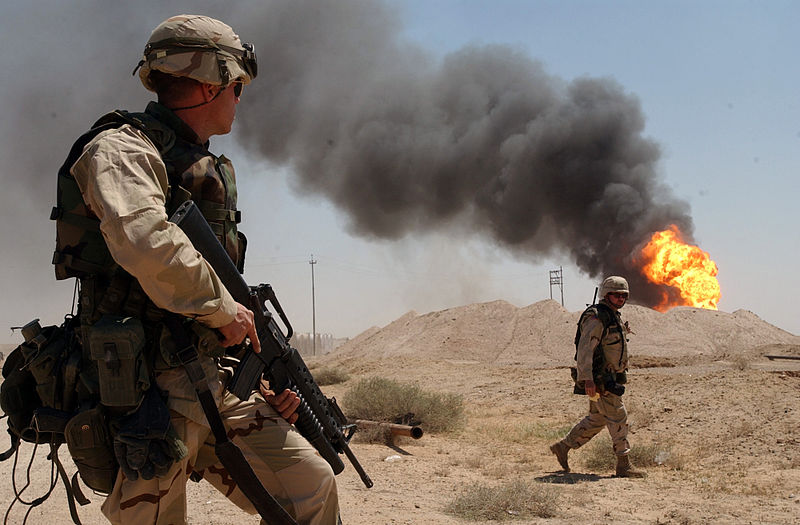Politicians constantly utter what they know to be falsehoods in order to garner votes and high esteem from an ignorant electorate. The latest and greatest of such sideshows is – and will be – Obama’s war in Afghanistan.
Military and administration officials have repeatedly explained that the Afghan war will continue long past Obama’s fabled December 2014 deadline for withdrawal. Top British commander, Lieutenant General James Bucknall, said the other day that “December, 2014, is not the end of the campaign. It’s a long-term commitment,” and that “we will reduce numbers – but we will not go away.”
NATO Secretary General Anders Fogh Rasmussen said just last week that “We will not take our leave” in 2014 and that it’s too early to tell how large the occupation would be after the deadline and for how long it would last. US Defense Secretary Leon Panetta, too, has said “It is clear that no one is rushing to the exit.”
US General John Allen, the new commander of the occupation of Afghanistan, last week disavowed the 2014 date, saying “we’re actually going to be here for a long time.”
The Daily Telegraph confirmed that Obama administration officials were working on a deal with the Afghan government to have a large scale occupation – at least 25,000 troops and many more contractors – through 2024. And people thought ten years in Afghanistan was a lot.
The Obama administration’s so-called shift in war strategy – from country-wide military occupation to targeted special operations and training missions – is Orwellian claptrap for more of the same. National Security Advisor Tom Donilon, in remarks in Washington in mid-September, said that by 2014 “the US remaining force will be basically an enduring presence force focused on counterterrorism.” The technocratic pedantry obscures the reality that the war will continue.
Yet, watch and see in the upcoming 2012 campaign how much Obama will use this 2014 date as a stump speech to coddle gullible Obama voters into casting their ballots – again – for a reincarnation of their supposed nemesis, George W. Bush. See if Obama gets reelected on a promise that the war in Afghanistan has nearly ended (that is, if recession-conscious Americans can conceive of going to the ballot box with any intention other than voting themselves other peoples’ money).
As a matter of fact, watch how much Obama’s similarly broken promises vis-à-vis ending the Iraq war will be completely stricken from the presidential debates. The Obama administration has spent years badgering the Iraqis into accepting a large contingency of US troops and contractors to remain in Iraq beyond the December 2011 deadline for a full withdrawal. To push this through, Maliki circumvented the Iraqi Parliament to make the decision dictatorially. Now that Obama has succeeded in strong-arming the continuation of the US occupation of Iraq, they are demanding US soldiers maintain immunity from Iraqi law.
Unfortunately for Obama, the Bush administration failed to secure a deal for a full scale contingency of tens of thousands of troops in Iraq indefinitely. Back in 2007 Bush administration had drafted the first Status of Forces Agreement (SOFA) which detailed a prolonged and continued US troop presence in Iraq with no specified limits and called for “facilitating and encouraging the flow of foreign investments to Iraq, especially American investments” and for US forces to work indefinitely to “deter foreign aggression against Iraq.” This was overly egregious for Iraqis and couldn’t pass muster in Iraqi politics. Thus the 2008 SOFA demanding full pullout in December 2011. Too bad for Obama, since he almost certainly would have signed on to that plan and is now trying to resurrect it.
These realities about Obama’s Iraq policies are unlikely to receive more than 60 seconds of air time in the presidential debates or in the uncritical after-debate punditry. Afghanistan will get some focus, but Obama will insist – beyond all the evidence and repeated admissions by top military and administration officials – that the end is right around the corner, after all the “progress” he’s made in Afghanistan. And Americans will simply nod, acquiesce, and then vote.




